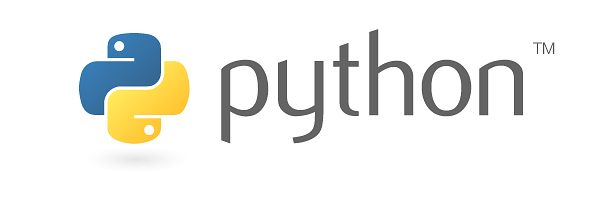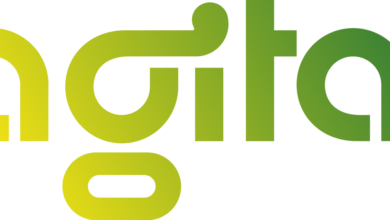Top 10 Reason Why You Should Learn Python in 2023

Python is a very popular programming language today and often needs an introduction. It is widely used in various business sectors, such as programming, web development, machine learning, and data science. Given its widespread use, it’s not surprising that Python has surpassed Java as the top programming language. In this article, you will discover the top ten reasons why you should learn Python.
What is the Python Programming Language?
- Python is a high-level, object-oriented programming language with built-in data structures and dynamic semantics. It supports multiple programming paradigms, such as structures, object-oriented, and functional programming.
- Python supports different modules and packages, which allows program modularity and code reuse.
- Python was created by Guido van Rossum.
Why Learn Python – Find The Top 10 Reasons
1. Career Opportunities and Salary
Python language provides several job opportunities and promises high growth with huge salary prospects. Some of the big and renowned companies that use Python for their development are:
Here is a look at the Google trends for Python, C++, and Java in the United States:
The demand for Python Programming is increasing dramatically by the year. Let’s look at the following graph to understand this trend:
Here is a sneak peek at the average salary of a Python Developer:
2. Data Science
Python is known for being robust, scalable and provides extensible visualization and graphics options. Hence it’s widely used in Data Science. Python supports several popular libraries. Some of them are as follows:
3. Machine Learning
Python is among the programming languages most preferred for Machine Learning because of its simple syntax and its support of several machine learning libraries.
4. Web Development
Python provides a vast collection of frameworks that makes it much easier for developers to develop web applications.
5. Scripting and Automation
Python language can be used for writing scripts and automating workflows without human intervention. This makes it very convenient.
6. Libraries and Packages
Python has a range of libraries, packages, frameworks, and modules for data manipulation, statistical calculations, web development, machine learning, and data science.
7. Testing Frameworks
Python supports several built-in testing frameworks that help in debugging and speeding up workflows. Some of the tools and frameworks supported by Python are Pytest and Splinter.
8. Portable and Extensible
A code developed in Python is often compatible with most of the non-native platforms. It can be integrated with Java, .NET components, or C/C++ libraries.
9. Active Community
Python has a massive community that can help you in programming errors or issues with the software. You can post your queries in community forums, and community members will address it in real quick time.
10. Easy to Use
Python has a simple syntax and hence is easy to understand and learn. Thus, making it a popular pick when it comes to programming languages.
Example:
|
Java |
Python |
|
public class welcome { public static void main (String args[ ] ) { System.out.println (“ Welcome to Simplilearn ”) ; } } |
print ( ‘ Welcome to Simplilearn ‘ ) |
As you can see, the same code can be written using fewer lines in Python. Thus, making it much simpler to use on many levels.
Conclusion
Now that you know the Top 10 reasons to learn Python Programming, and how it can give you a career boost, the next step is simple. Simplilearn’s Python training course trains you on various aspects of Python, data operations, shell scripting, conditional statements, and Django. The course offers hands-on development experience and will prepare you for an exciting and accelerated career in Python programming. You can visit Simplilearn for further information.
Do you have more questions regarding Python, its features, or scope? Don’t fret. Leave us your queries as a comment on this article, and our experts will get back to you on it, at the earliest!
FAQs
1. Who needs to learn Python?
Python is invaluable for a broad spectrum of individuals, including beginners seeking an accessible entry point into programming, professionals in fields such as data science, web development, and automation, and enthusiasts eager to explore its diverse applications and user-friendly syntax. Its versatility and widespread adoption make it a must-learn language for anyone looking to enhance their skill set or pursue a career in technology.
2. What is the future of Python?
Python’s future is robust, as it continues to dominate in AI, data science, web development, and automation, ensuring sustained relevance and demand across diverse industries worldwide. Its versatility and adaptability make it well-positioned to evolve alongside emerging technologies, solidifying its status as a cornerstone of modern programming.
3. Can I get a job if I know Python?
Absolutely, Python proficiency is a valuable asset in today’s job market, offering plentiful opportunities in software development, data analysis, machine learning, and more. Its widespread use across industries ensures a high demand for skilled Python developers, making it a lucrative skill to possess.
4. What are the few benefits of Python?
Python’s advantages include its simplicity, readability, extensive library support, cross-platform compatibility, and scalability. These features facilitate efficient development, rapid prototyping, and streamlined workflows, making Python an ideal choice for tackling a wide range of programming tasks and projects.




